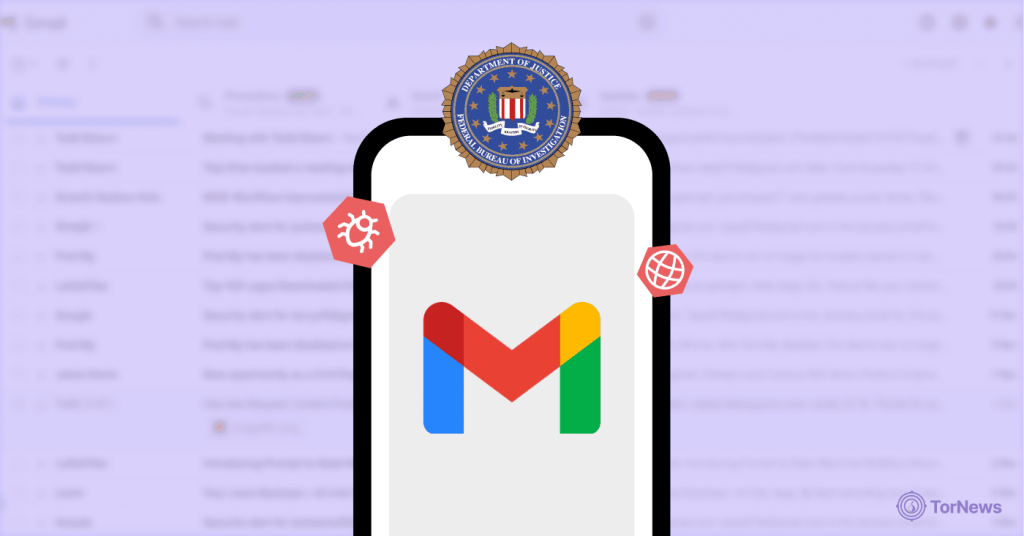-
The FBI has put out a warning about a new cyberattack, where hackers steal Gmail login cookies and use them to access people’s accounts.
-
The method allows criminals to bypass passwords and two-factor authentication to access Gmail accounts.
-
A few tips to stay safe have been proposed, which include clearing browser cookies regularly and not using the “Remember this device” option.

Hold onto your phone. The FBI just dropped a serious cybersecurity alert, continuing their aggressive campaign against dark web threats following operations like the FBI taking down prominent dark web platforms connected to the Salesforce user database heist. This time, it’s aimed directly at Gmail users everywhere worldwide.
This isn’t your average phishing email. Hackers are using a clever new trick. They are stealing your digital keys to break into your account.
The Cookie Theft Scam Explained
Imagine your login session is a special backstage pass. This pass lets you into your Gmail concert without showing your ticket every time. That pass is called a cookie. Now, hackers have found a way to steal and copy that exact pass.
The FBI says cookie-theft scams are on the rise, and with more than 1.8 billion people using Gmail, it’s a huge target. This attack is especially dangerous. What’s scary is that this attack doesn’t care about your password or even two-factor authentication.
Once a hacker grabs your session cookie, they’re in just like that. They can access everything tied to your Google account. Think about your social media, banking, and other linked platforms. Seriously, it’s a nightmare.
All it takes is one slip, maybe you clicked a malicious link that came attached to an email, or you visit a fake website disguised to look like the real one. And before you know it, you might have let the bad guys in to grab your personal stuff.
The sneaky malware can sneak onto your device and start watching what you do online, snatching your login cookies.
Ever hit “Remember this device” on a login page? That’s exactly what these criminals want. They can replay it to get full access without any security checks stopping them.
How to Lock Down Your Gmail Account
The good news is you can fight back. The FBI and cybersecurity pros have offered some helpful advice – steps that can make it harder for hackers to mess with your stuff.
First off, try clearing off your browser cookies and cache regularly. It wipes out those old session passes. If your session isn’t saved, hackers can’t steal it.
Think twice before you use “Remember this device” or “Stay logged in.” But maybe you think it is easier. But if you allocate the time, you will definitely be safer from being targeted. You just need to confirm that the site is secure with HTTPS in the address bar. If it just says “HTTP,” don’t enter any personal info.
Make a habit of reviewing your Google account’s login activity. You can find this in your security settings. It’s also smart to review which devices and locations have access to your account. Spot something weird? Act fast; delay can be dangerous.
Google has also warned about this growing issue and says it’s working on new ways to protect users. Stolen session cookies are everywhere on the dark web right now, with stolen credentials and session data being common listings on Top Dark Web Markets.
Stay alert. If anything seems odd, make sure your first step is to change your password immediately. Then run Google’s security checkup to kick old sessions. This kicks out any unwanted guests.